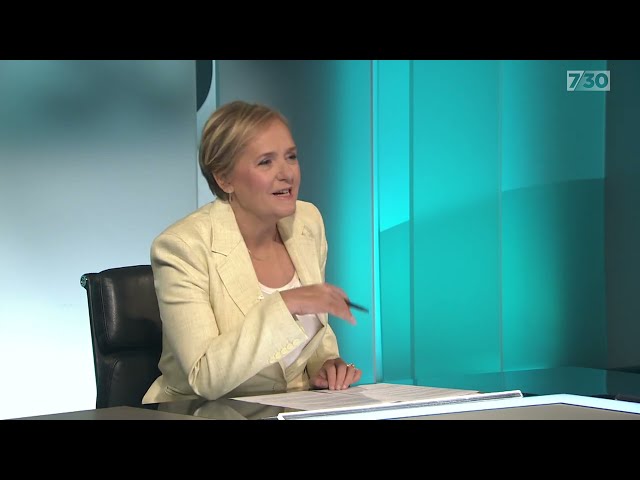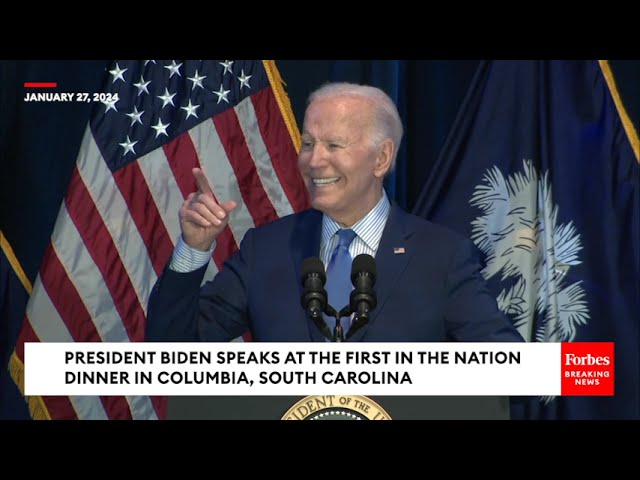In the swirling currents of today's polarized political environment, it has become almost second nature for celebrities and political figures to engage and collide in the public forum. The rumored pursuit of Taylor Swift's endorsement by President Joe Biden, while a clear strategic play given Swift's immense influence, underscores the evolving landscape of political alliances and the power of popular culture in shaping political discourse.
Let's grapple with the facts for a moment. Swift, a global icon, boasts a formidable fanbase, her every utterance resonating with millions. When she urged her followers to register to vote in 2018, the spike in voter registrations was not merely a blip on the radar but a testament to her pivotal role as a catalyst for political engagement. Her endorsement in the 2020 elections indeed brought a fresh influx of energy and engagement, particularly among the younger demographic—a demographic notoriously difficult to activate politically.
The spectacle of President Biden potentially attending one of Swift's concerts as a means to tap into her audience may carry a whiff of unorthodoxy, but it is far from an affront to his dignity. This is politics in the 21st century — fluid, dynamic, and increasingly entwined with the spheres of entertainment and social media influence.
The aspect of this story that is as intriguing as it is concerning is the response elicited from Donald Trump. His claim — reportedly born from envy — that he is more popular than Taylor Swift is fascinating. It is a window into the psyche of a leader whose understanding of popularity is rooted in crowd sizes and vocal, loyal fanbases. It's a stark reminder of the differing visions of what influence means in contemporary society.
Significantly, Trump's assertion of having 'more committed fans' is a shrewd albeit contentious point. While it is true that many of his followers have exhibited an unyielding commitment, it is imperative to distinguish the gravity of such commitment. Political allegiance that translates into incarceration, as seen with the Capitol riot aftermath, speaks to a certain type of fervor that is worlds apart from the healthy democratic engagement spurred by Swift's influence.
Trump's fixation on being the 2023 Time's Person of the Year over Swift is a microcosm of how personal grievances and rivalry occasionally eclipse more pressing national interests. This unhealthy obsession with personal accolades demeans the public discourse and detracts from urgent policy debates and constructive political dialogue.
In a democratic system, it is both normal and beneficial for political figures to seek support and endorsement from individuals who command public respect. While the methods of outreach may evolve, the goal remains constant — to connect with and energize a base of voters who will ultimately shape the future of the nation. As such, President Biden's overture towards Taylor Swift should be seen not as a co-opting of celebrity glitter but as an acknowledgment of the valuable role public personalities play in galvanizing political involvement. It remains a sign of times, where the intersection of pop culture and political power cannot — and perhaps should not — be ignored.

